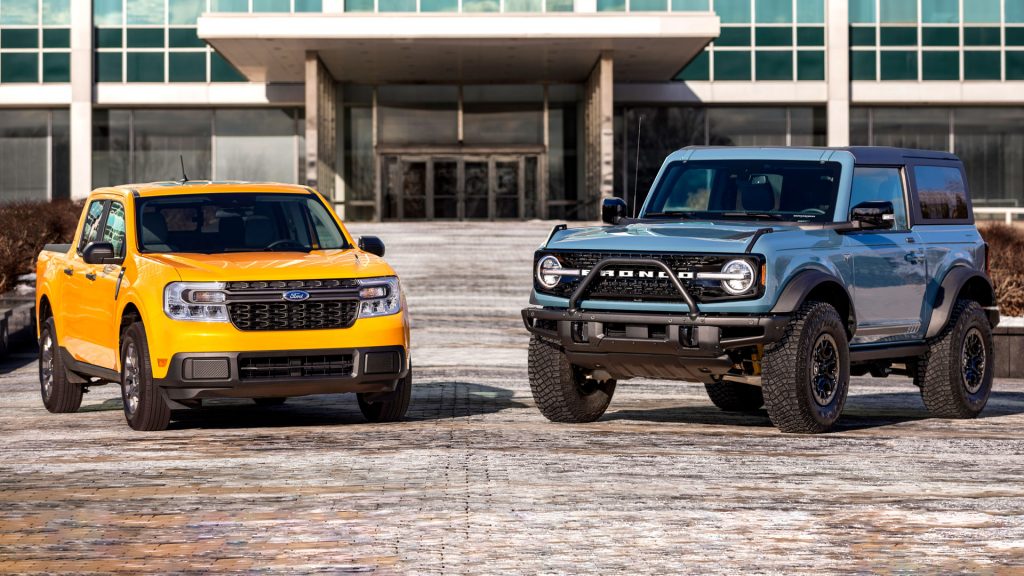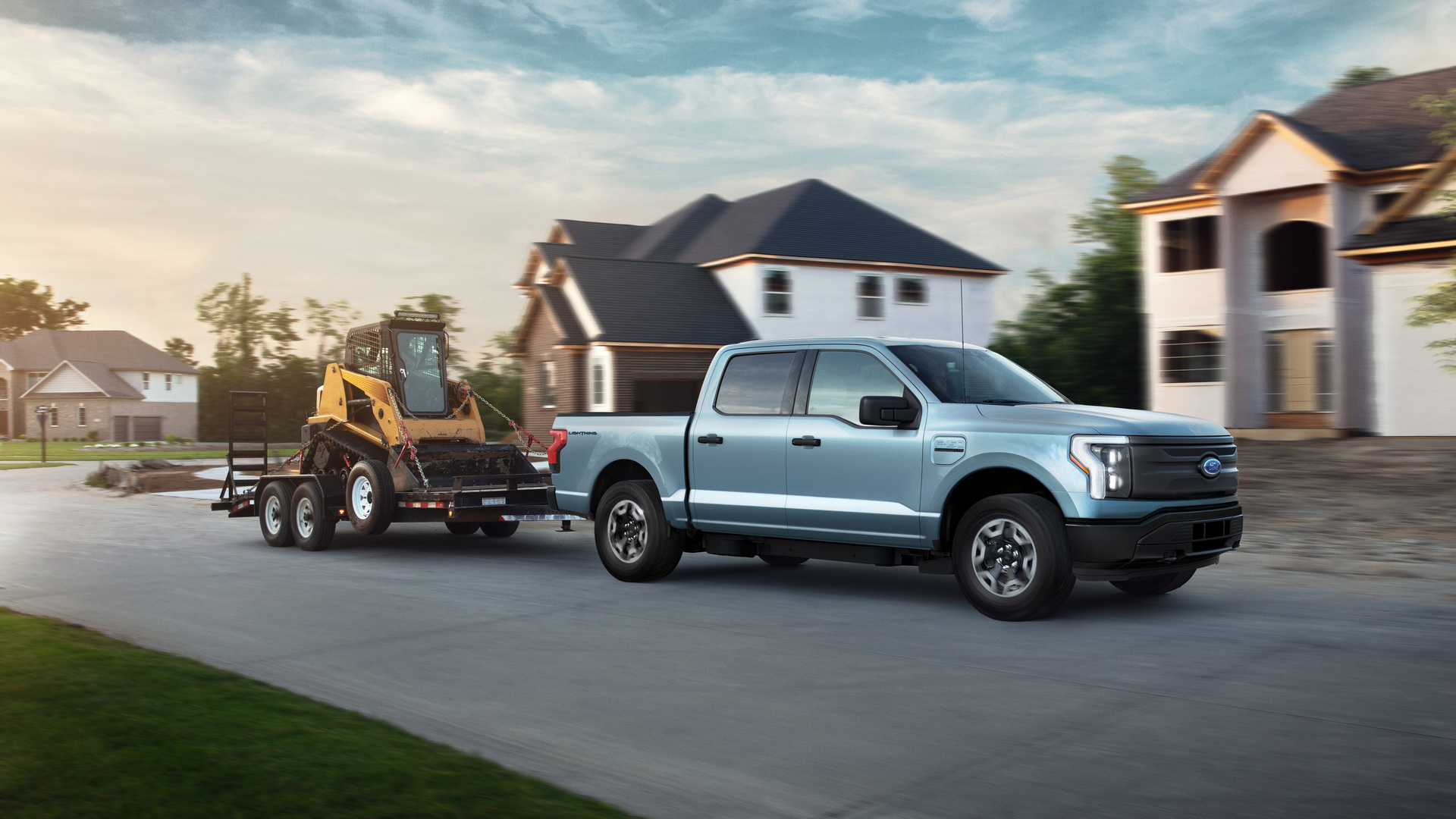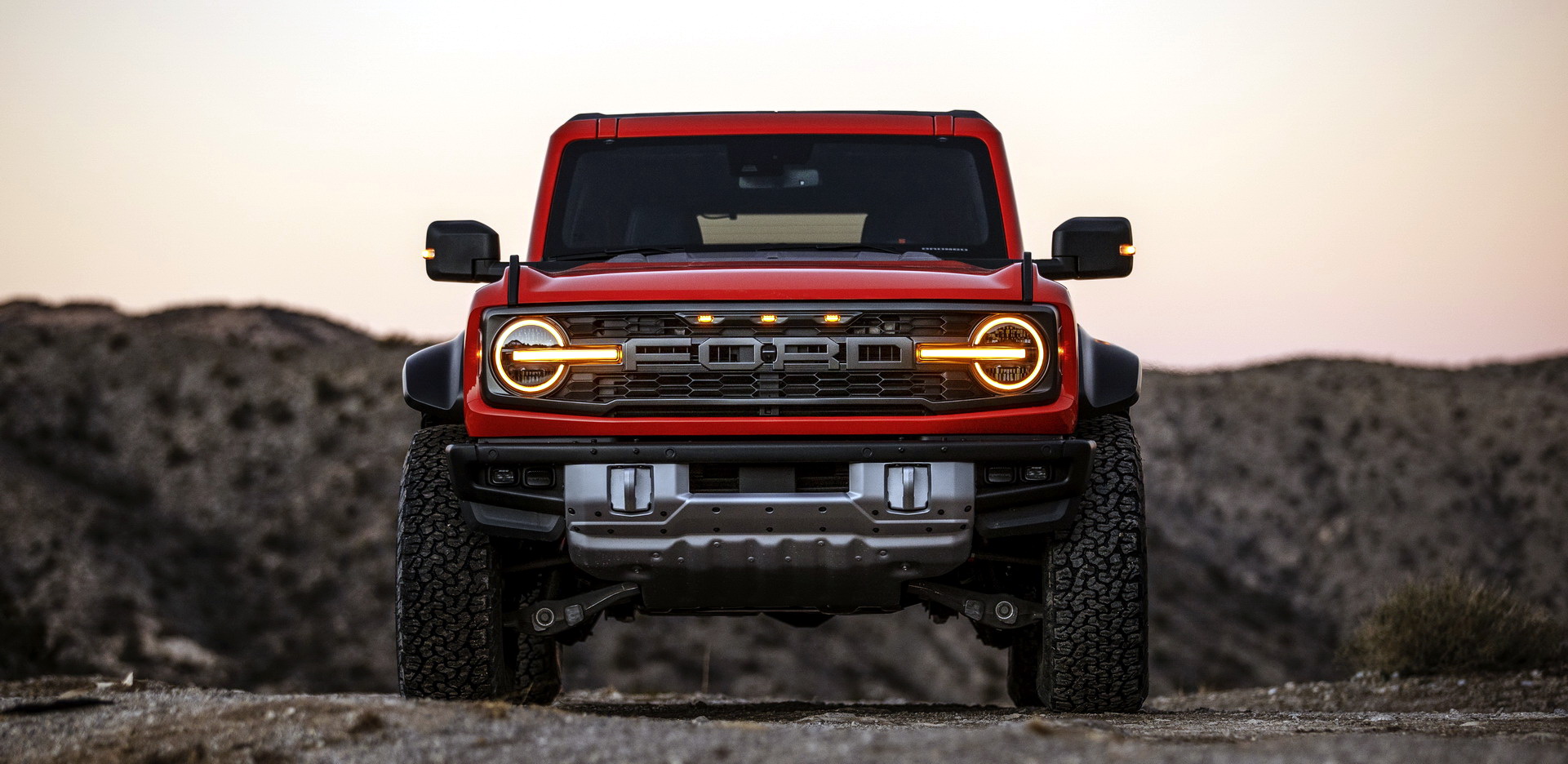Ford chief executive Jim Farley says the car manufacturer is committed to eliminating the unreasonable markups that some dealers have been charging.
During a recent interview conducted with Fox Business, Farley said that roughly 10 per cent of its dealer network has been charging over MSRP for existing models.
“We have very good knowledge of who they are, and their future allocation of product will be directly impacted,” Farley commented.
Read More: Ford CEO Says Automaker Is Exploring Its Options With Valuable Rivian Stake
Farley’s warning came shortly after Ford head of sales Andrew Frick sent a letter to dealers stating that they could lose F-150 Lightning allocations if they tried to get reservation holders to pay additional fees for the electric truck.
Barclays analyst Brian Johnson has suggested the value of markups being applied by Ford dealers is worth upwards of $3.6 billion.
Farley added that it will be particularly important for the company to address pricing concerns about electric vehicles while rivaling the likes of Tesla and Rivian that operate direct-to-consumer sales models.
“This is quite an important topic because the margins that we want to build to in BEV (Battery Electric Vehicle) are gonna be heavily dependent on a different go-to-market and customer experience,” he said. “I won’t go into any more than that, but this is a quite important lesson for us of the franchise system and the way we will manage going forward.”
During the same interview, Farley also addressed why the car manufacturer has yet to commit to a date for ending production of all combustion engines, noting that it comes down to the automaker’s Super Duty models.
“Ford’s really different because of our commercial business,” he said. “A Super Duty customer who tows a backhoe for work use, it’s probably pretty tough to go electric in the next several years. Our competitors, I think they have only made that commitment for light-duty vehicles, for all the heavy-duty vehicles that we make and are so well known for… it’s hard to predict when the technology is going to be ready. We may have to go hydrogen actually before full-electric for our Super Duty or a large Transit customer.”





